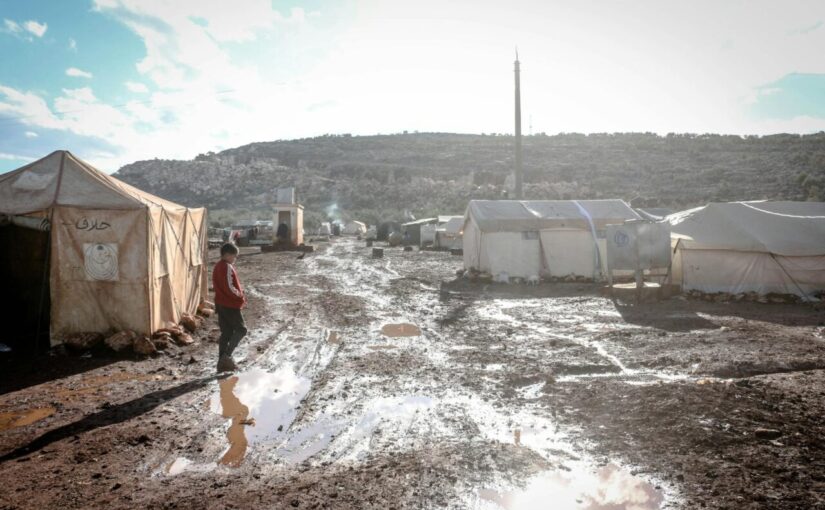Deisy Ventura shares with us her experiences of human rights in emergency response in the tenth blog in this series based on the IGDC/YESI Webinar event ‘Emergencies, wellbeing and social justice in the Anthropocene.’
Deisy Ventura’s research focuses on the human rights situation during international health emergencies. Deisy joined us in this webinar to discuss empirical experiences of human rights in emergency response.
What tools do we have to deal with ‘health emergencies’
We are currently trying to negotiate a treaty that involves pandemics and also negotiations to reform international laws regarding health which are the main tools we have for dealing with emergencies at the international level. This will help, for example, to define what emergencies are. This will be presented at the World Health Assembly in 2024, so we are amidst an intense debate around the emergencies of health.
During my career of over 30 years I have always been concerned with how international law can be applied to national rights rather than international law in more general terms.
The idea that international norms and international negotiation processes are ineffective and solve very few problems, at least in the field of health, is a false one, and with the covid-19 pandemic this has become clearer than ever. The World Health Organization norms, even though fragile, even with the dysfunctions that the World Health Organization certainly has, were decisive for local governments in several countries to confront national governments that did not take action to contain the spread of covid-19. The international norms were the basis for administrative decisions, the adoption of laws, and were essential for local governments and also social actors to defend measures to protect the health of the population.
For some countries and situations, these international frameworks will be our only legal tool to fight for rights. Can the paradigm of emergencies and health be harnessed in planetary health? International norms and international negotiations are important. When nation states fail, these international reference points save lives, and they have saved many lives in Brazil, although unfortunately obviously not as many as we would have liked.
Human Rights before, during and after an ‘emergency’
There is an important difference between protecting human rights during an emergency and focusing on emergencies from a human rights perspective. They are two different things. Of course, it is very important to respect Human Rights during an emergency, but we have to do much more than that. We have to look at emergencies and design responses based on human rights.
Human rights are present before the emergencies, in the determinants of the catastrophes, in the causes, in the conditions that will determine how people will live through these emergencies. And there is the aftermath of the emergencies, which has a brutal impact on human rights, not only in the developing world but also in developed countries.
Attention is given much more to the ‘during’ than to the ‘before’ and ‘after’. And, in this ‘during’, there is a great concern over a historical legacy, because for us, in law, emergency is synonymous with exception. Exception means the total or partial suspension of legal regimes, and this exceptionality has material patrimonial consequences, for example authoritarian decisions on exceptional hiring of personnel, exceptional budget management rules. This in turn has effects on fundamental freedoms and human rights more broadly.
People tend to think that human rights and emergency, in the case of health, refers to quarantine or treatment, but there are also other important social rights such as labour rules, social welfare rules, and social security rules that are interrupted, as well as fundamental freedoms more broadly. Because in general, during an emergency, there is a suspension of the participatory process, and the suspension of democratic rules.
The broader question is, to what extent could we reflect and transpose this reflection to the debate about the climate emergency or environmental or planetary emergency?
Check out the full version of Deisy’s talk:
About the author

Deisy Ventura is a Professor in Global Health Ethics and Director of the PhD Program in Global Health and Sustainability at Public Health School, University of Sao Paulo, Brazil.
She has a PhD in International Law, from University of Paris 1, Panthéon-Sorbonne. Currently, her main research topics are the human rights situation during international health emergencies, including the protection of migrants and refugees; the role played by WHO during international health crises, among other critical studies on global health.

